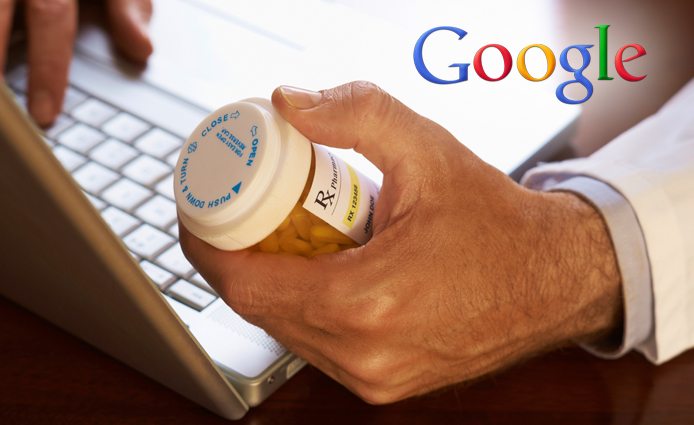
This blog is the first in a series exploring how CSIP members are getting results in the fight against rogue online pharmacies selling fake medicines online.
The National Association of Boards of Pharmacy (NABP) recently released the Internet Drug Outlet Identification Program Progress Report for State and Federal Regulators for January 2016. According to the report, more than 10,668 Internet drug outlets have been identified by NABP as “Not Recommended.” Most of these websites don’t have a location listed, and offer drugs that are either foreign or not approved by the U.S. Food and Drug Administration. Further, 90% appear to have affiliations with rogue networks of Internet drug outlets.
CSIP members are doing a great deal to combat these “Not Recommended” pharmacies. For example, Google recently released details on how they have been fighting back against so-called “bad ads” on their search platform. According to their blog post on the topic, last year alone, Google blocked 780 million “bad ads”, an increase of almost 50 percent from the previous year. “Bad ads” are defined by Google as those that lead people to malware, include the promotion of fakes or illicit goods, as well as intrusive ads that cover up hidden content.
According to the post, Google blocked more than 12.5 million ads that violated their healthcare and medicines policy, such as ads for pharmaceuticals that weren’t approved for use or that made misleading claims. Google’s crackdown included ads which appear on smartphones as well. Companies placing ads for rogue online pharmacies and counterfeit drugs were among the biggest violators.
“Bad ads can ruin your entire online experience, a problem we take very seriously,” Sridhar Ramaswamy, Google Senior Vice-President of Ads and Commerce, noted. “That’s why we have a strict set of policies for the kinds of ads businesses can run with Google — and why we’ve invested in sophisticated technology and a global team of 1,000+ people dedicated to fighting bad ads.”
For 2016, Google reported plans to add new protections against malware and bots, stating, “[W]e’re always updating our technology and our policies based on your feedback—and working to stay one step ahead of the fraudsters…We want to make sure all the ads you see are helpful and welcome and we’ll keep fighting to make that a reality.”
As a result of the efforts of our members, including Google, it has become increasingly harder for rogue online pharmacies to effectively market their illegal services and products on the internet. We are excited about the efforts of our members in the fight against illicit online pharmacies, and will spotlight additional efforts of other members in the coming weeks.
—–
The Center for Safe Internet Pharmacies (CSIP) and our 12 member companies have the shared goal of helping address the growing problem of consumer access to illegitimate pharmaceutical products on the Internet. Continue to read this blog for updates on CSIP’s education, enforcement and information-sharing efforts.

